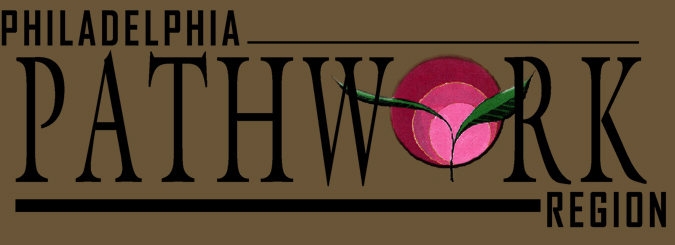The Power of Thanksgiving
/
Surveying world events – economic, political, environmental – can become depressing. It is easy to overlook the good things happening and the countless reasons for being grateful.
At this time of year, many cultures and spiritual traditions remind us of the importance of appreciating life’s blessings. Research has shown that feeling gratitude lowers stress, enhances physical and emotional well-being and leads to greater life satisfaction. Positive thoughts are uplifting and lead us to recognize the abundance and benevolence around us. The natural inclination, for many, is to focus on problems and take good things for granted.
Yet even our problems can be viewed in a different light if we take a different view. People who annoy us, for example, are often a true gift. They teach us things we might otherwise disregard by mirroring back unflattering traits we need to see in our selves. We attract people who vibrate at the same frequency and who often have similar traits we might prefer to ignore. Someone who irritates us may simply be highlighting where our real work lies. In Carlos Castaneda’s books “petty tyrants” are considered to be our greatest teachers. It behooves us to see every encounter and experience as a gift.
To change negative thoughts to life affirming ones, try the following:
Maintain a gratitude journal; what are you grateful for today
Appreciate what you have rather than focusing on what is lacking
Be generous with your praise and affection for others; what goes around comes around
Go easy on yourself; no one is perfect
View all circumstances and events as learning experiences
Think of all the things you are grateful for before you go to bed and upon arising in the morning.
Give thanks for your family and friends and acquaintances; you are connected for a reason
Give thanks for the abundance in your life – both mundane and sacred
Give thanks for the natural beauty that surrounds us
Give thanks for those who mentor us and serve as role models
Give thanks to those who forgive our mistakes
Give thanks for the opportunity to contribute to life
Give thanks for the chance to learn, grow and evolve
Give thanks for the opportunity to make mistakes so learning is accelerated
Give thanks for those who watch over and guide us
"If the only prayer you said in your whole life was, 'thank you,' that would suffice." – Meister Eckhart
David Schwerin holds an MBA in finance and a Ph.D. in religious studies and ran his own investment company for many years before becoming an international author and speaker (Conscious Capitalism: Principles for Prosperity, 1998 and Conscious Globalism: What’s wrong with the world and how to fix it, 2005).



